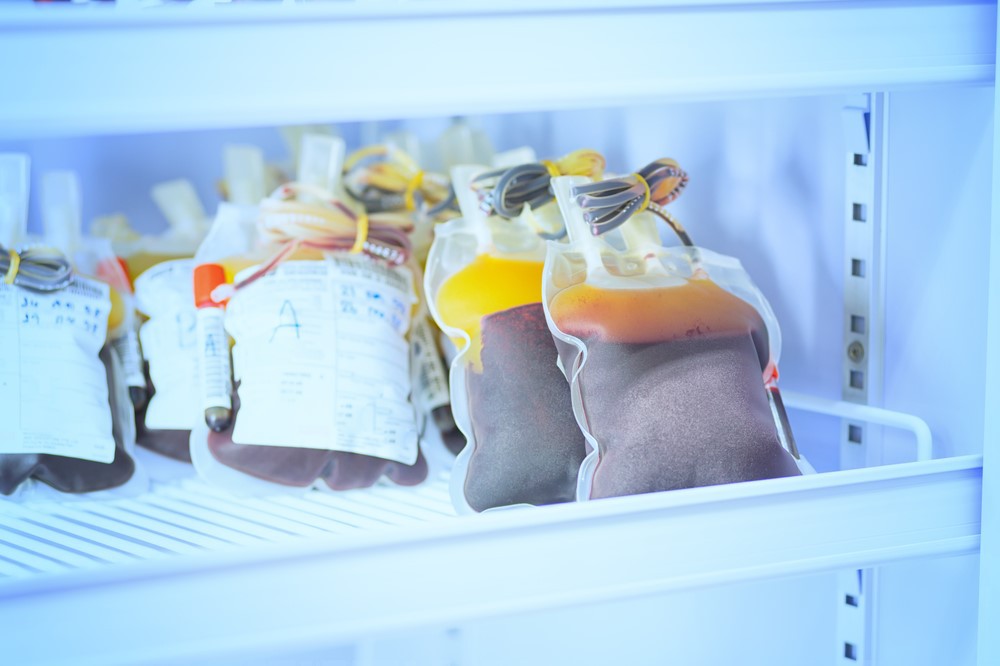
Kelly Rose
Editor

Kelly Rose
Editor
Advances in medical science mean rapidly increasing numbers of clinical tests, trials and vaccines are becoming available to service users worldwide and so is the demand for them.
As a result, demand in also on the increase for specialised refrigeration equipment that can safely store biological materials, with forecasts predicting that the biomedical refrigeration market is expected to surpass $4 Billion USD by 2022.
In the UK, the National Health Service (NHS) and private medical facilities are experiencing increasingly numbers of requests for organ transplants, vaccines, cellular therapies, biopharmaceuticals and blood transfusions which all require the appropriate fridge and freezer appliances to store them in preparation for safe use.
Biomedical fridges and freezers most in demand include:
● Ultra-low freezers for safely storing DNA and RNA at temperatures of -70°C to -80°C
● Plasma freezers that can provide a stable chilled environment of -30°C to -40°C for storing blood as well as samples and vaccines
● Blast freezers capable of reducing the temperature of test and tissue samples to below -30°C in around 5 minutes.
● General laboratory refrigerators and freezers for storing and preserving vaccines, flammable chemicals, protein extracts, bacteria strains, biological reagents and surgical instruments at temperatures of -25°C to 15°C.
Clinical fridges and freezers, widely used in research laboratories, hospitals, GP surgeries and blood banks are vital for the preservation and safety of biological materials. Vaccines, for example, which are highly sensitive to temperatures may become contaminated or ineffective and there is no way to visually test their efficacy.
For that reason, high quality, reliable appliances by leading clinical fridge/freezer brands such as LEC, Labcold and GRAM are relied upon by healthcare agencies worldwide.
However, although there is growing demand, every healthcare agency - perhaps the NHS in particular - has to balance the costs associated with increasing refrigeration equipment with the benefits they provide.
One of the most cost-effective methods of procuring equipment within budgetary limitations is to source reliable, leading brands from one supplier who understands the unique, complex needs of a medical facility and offers a range of products that cater for all of its refrigeration requirements.
As one British supplier to the NHS, family-owned Alexanders Direct who also supply kitchen equipment and chest freezers explain, it enables facilities to not only streamline the sourcing of equipment and the buying process, but discuss requirements and gain expert advice on the right refrigeration package that makes efficient use of the onsite space available to house it.
Based in Andover but catering for medical facilities nationwide, Alexanders install refrigerators and freezers in new and existing NHS hospital wards, pharmacies and research laboratories that meet the current and anticipated requirements for biomedical storage but which are sensitive to the demands of each facility and the patients who make use of them.
With demand for biomedical equipment on the increase worldwide, every facility should conduct a review of its refrigeration and freezing appliances and assess current and future needs to ensure it can continue to proactively and safely respond to patient needs and deliver a quality service.
For additional free advice or information on the size, price or availability of leading medical-grade fridges and freezers, contact the experienced personnel at Alexanders Direct.



Alexanders Appliances Direct Limited
Alexander House
Norhtacre
Longparish
Andover
SP11 6QX
UNITED KINGDOM
01264 333388